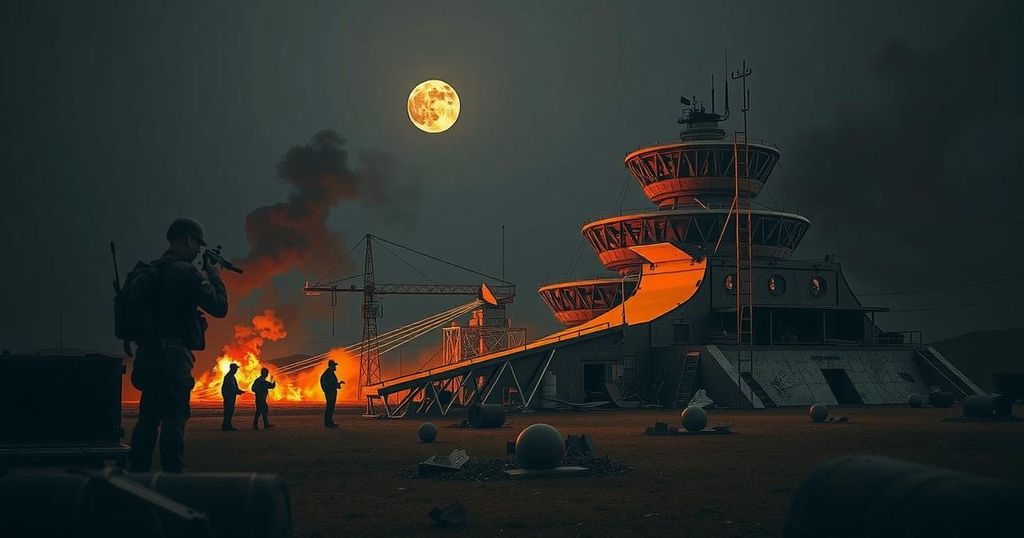Seven Wagner Mercenaries Killed in Mali: Ongoing Threats and Regional Instability
Seven Wagner mercenaries were killed in an attack in Mali, claimed by an al-Qaeda affiliate. This incident highlights the ongoing threats faced by Wagner forces amid growing instability and violence from Islamist militants in the Sahel. The group’s presence has been controversial, raising concerns about exacerbating the conflict and security challenges in the region.
In a tragic incident recently reported in Mali, seven members of the Wagner Group, a private military contractor, were killed in an attack attributed to an affiliate of al-Qaeda. This assault highlights the ongoing threats faced by Wagner forces engaged in operations to support the Malian military junta. Their presence is part of a broader initiative to combat escalating assaults from Islamist militant groups in the Sahel region, which has seen a surge in violence in recent years.
The Wagner Group has been actively involved in countering various insurgencies within Mali and neighboring regions. However, their operations have not been without significant risks. For instance, in July, the group experienced severe losses during confrontations with predominantly Tuareg insurgents and Islamist factions along the border with Algeria. Such engagements have exposed the inherent dangers associated with mercenary operations under the aegis of West African military governments.
Moreover, Wagner’s deployment in Mali has been met with scrutiny and criticism from various quarters. Critics argue that their involvement may exacerbate the prevailing instability and contribute to worsening security conditions throughout the Sahel. The continuing insurgencies and the volatile geopolitical landscape pose substantial challenges, emphasizing the complex nature of foreign military involvement in the region.
The Wagner Group, notorious for its role in various conflict zones globally, operates in Mali amidst a backdrop of heightened violence from militant groups. The Sahel region, encompassing several countries in West Africa, has increasingly become a battleground for Islamist insurgents. The Malian military junta has enlisted Wagner’s support in a bid to combat these threats, despite concerns over the tactics employed by mercenary organizations and their implications for regional stability. The group’s recent casualties underscore the persistent dangers of such military interventions and their impact on both local populations and international security.
In summary, the attack on seven Wagner mercenaries in Mali underscores the intense challenges faced by private military contractors in conflict zones marked by violent extremism. As Wagner continues to support the Malian junta, the complexities surrounding their presence may influence both the immediate security landscape and broader regional dynamics. The ongoing violence in Mali serves as a stark reminder of the fragile state of security in the Sahel, necessitating a reevaluation of foreign military partnerships and strategies in addressing insurgency in the region.
Original Source: m.economictimes.com




Post Comment